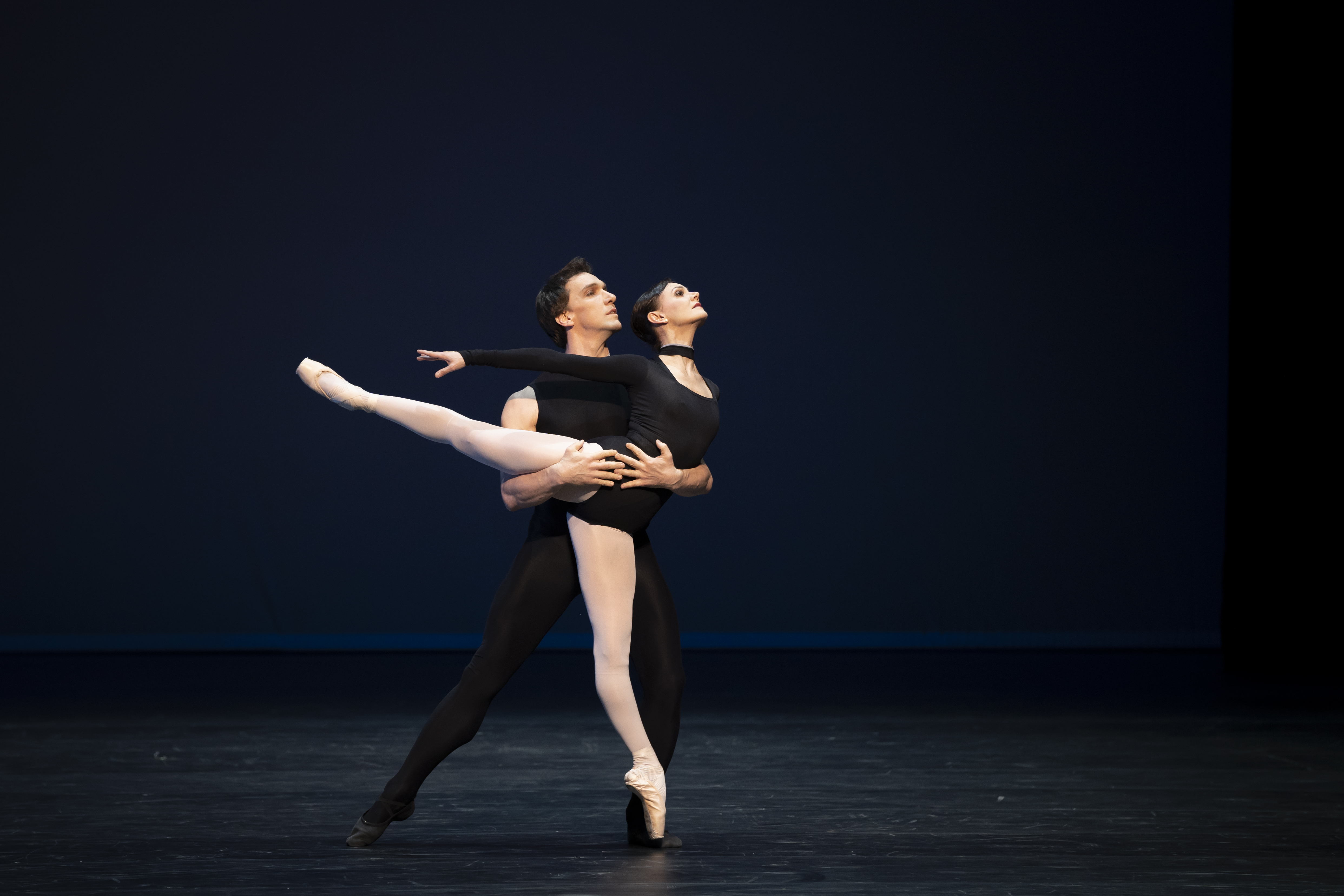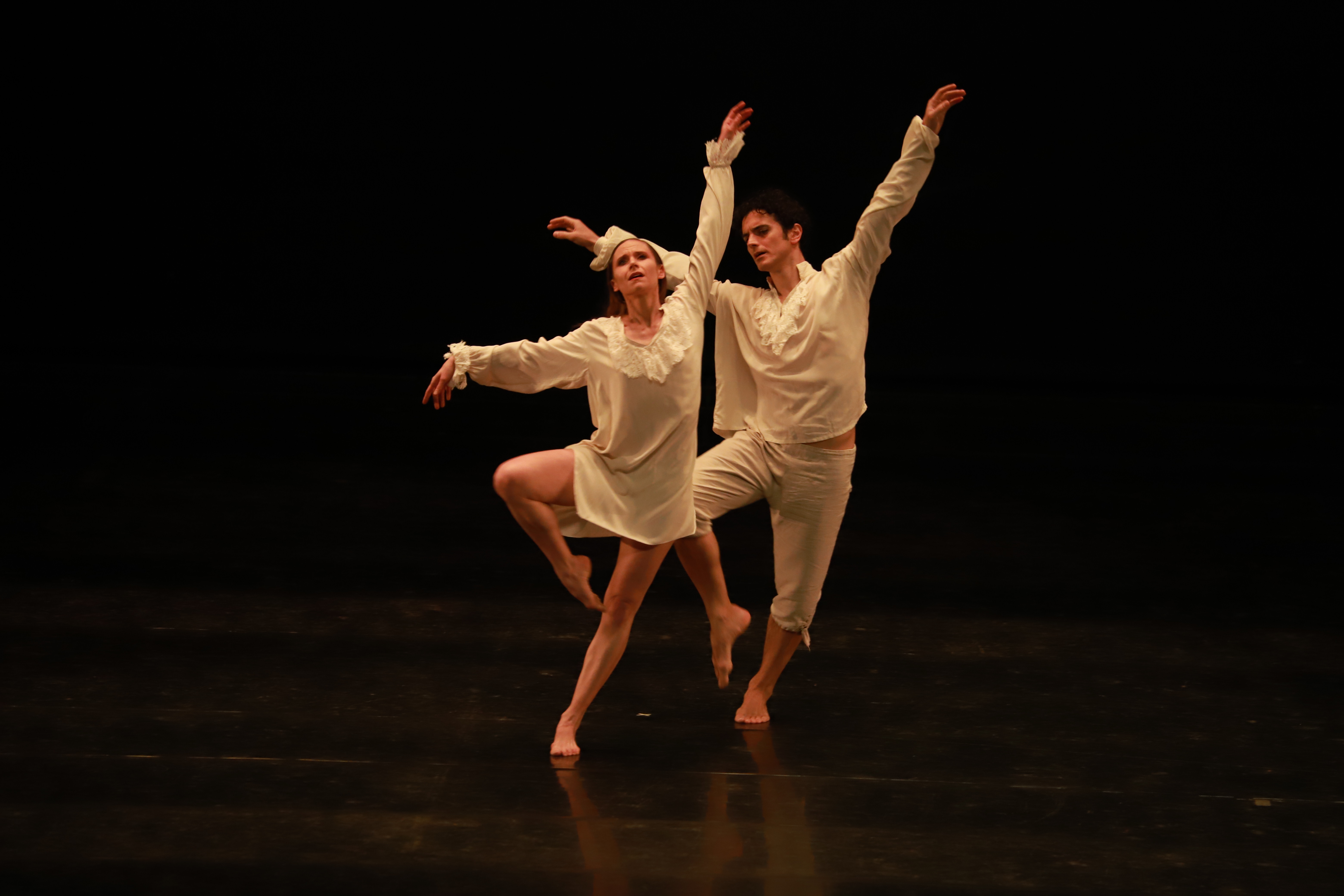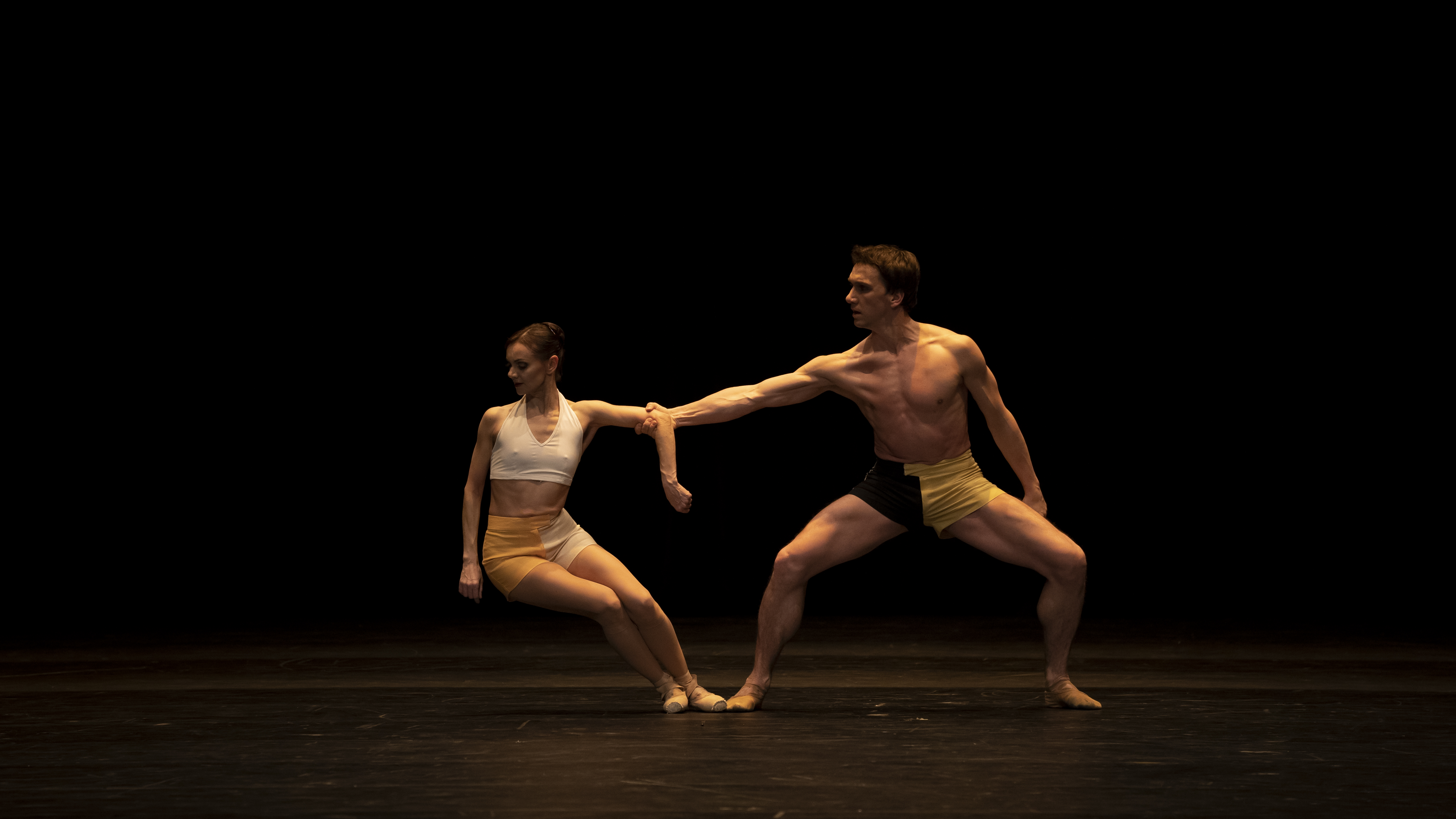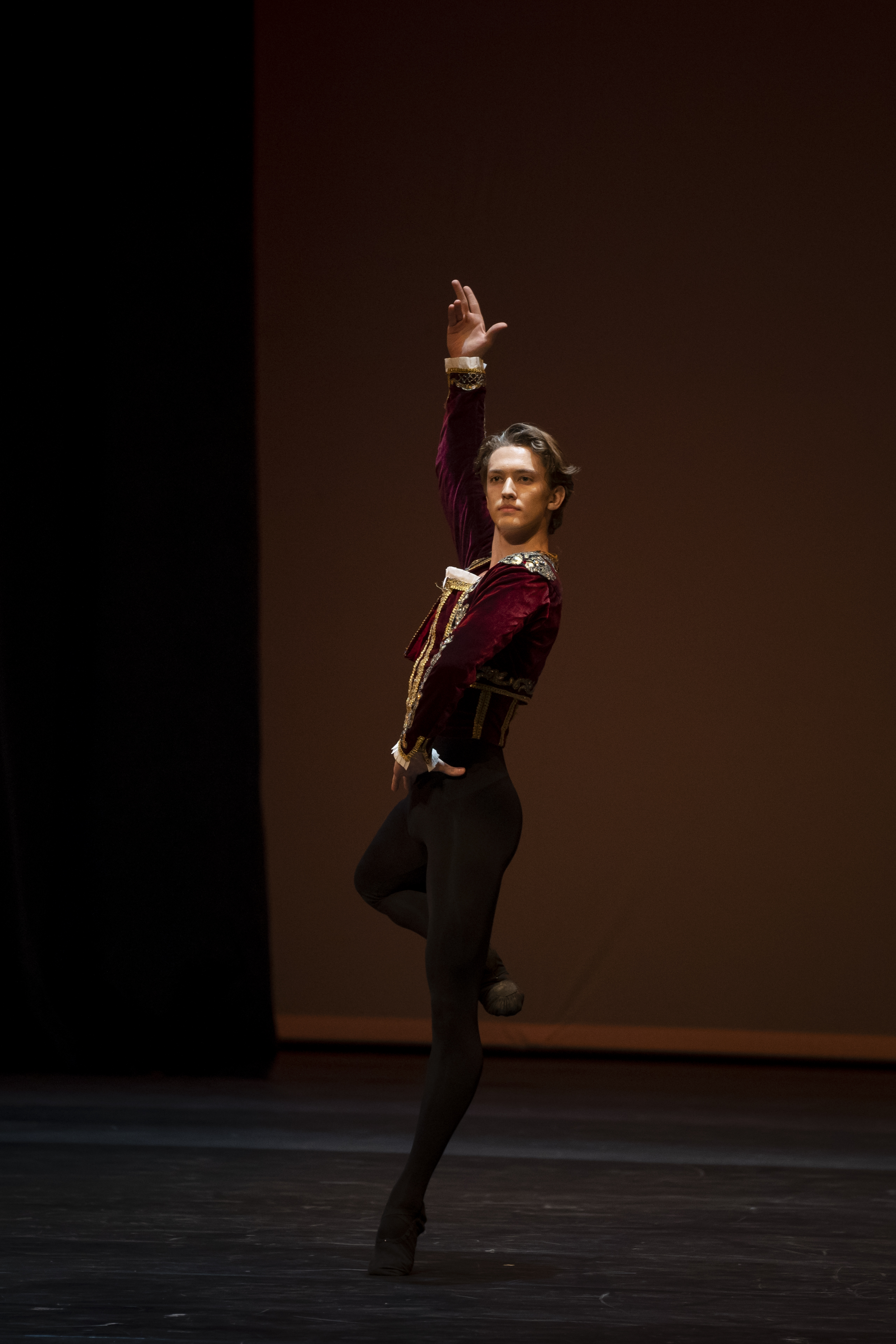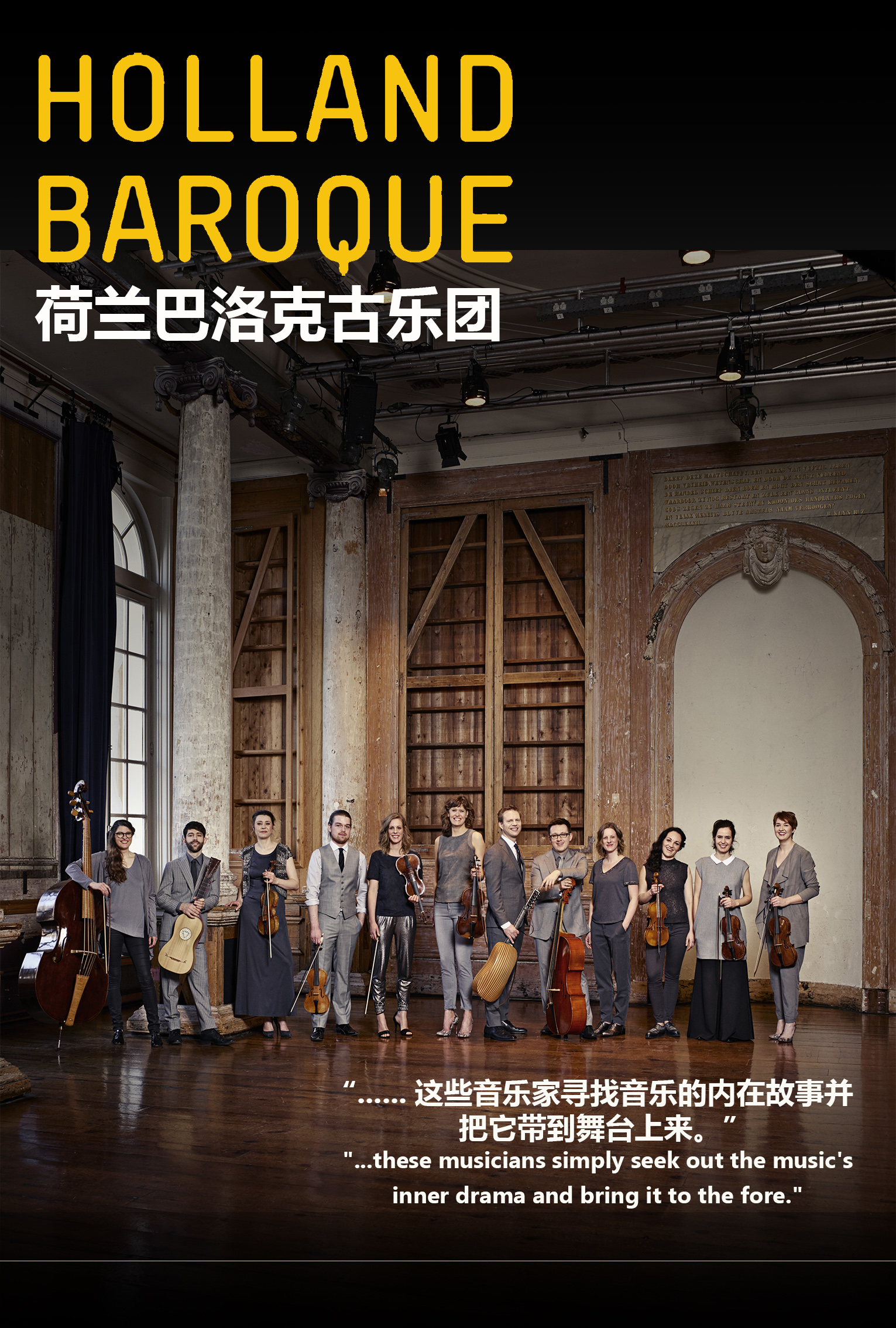The staging of Enjott Schneider’s opera stood in stark contrast to its lack of musical invention
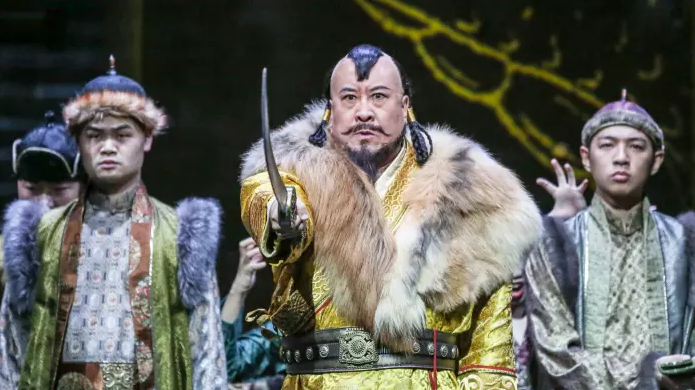
Hao Jiang Tian (centre) as Kublai Khan in 'Marco Polo' at Guangzhou Opera House
Marco Polo’s role as poster boy for cultural exchange has thrived in large part because his claims to have “written only half of what I saw” have encouraged so many others over the centuries — in every conceivable medium — to wield their own inventions to fill the gap.
And yet in Marco Polo, the first opera commissioned by the Guangzhou Opera House, invention is the musical quality in shortest supply. Composer Enjott Schneider offers colourful orchestrations and better-than-average vocal writing. He also reveals an uncanny knack for evoking place and emotional state in a single brushstroke. But the music itself, relying too readily on Puccini-like melodies, Wagnerian harmonies and Bartókian timbres, ultimately winds up everywhere and nowhere.
That stood in stark contrast to Kasper Holten’s superb production, which fuses Luke Hall’s projections and set design with Bruno Poet’s lighting into a seamless visual whole, making an auspicious opening for this year’s Guangzhou Theatre Art Festival. Emma Ryott’s costumes weave Venetian, Chinese and Mongolian attire into a harmonious tapestry, even giving dancers from the Guangdong Song and Dance Ensemble “water sleeves” (a staple of Chinese opera) for choreographer Michael Barry to employ with modernist flourish.
Similarly, a solid mix of Chinese and western singers put human faces to librettist Wei Jin’s political intrigues in Kublai Khan’s career-capping conquest of Song-dynasty China. Tenor Peter Lodahl was a worldly yet guileless Polo, bass Hao Jiang Tian an imposing Khan. Baritone Yunpeng Wang’s General Wen Tianxiang was a red-blooded Chinese patriot resisting Mongol rule at all cost, while soprano Elise Caluwaerts’s Chuan Yun was a honey trap whose genuine love for Polo winds up compromising her mission.
Fine performances, though, were likewise compromised by frequent uneasiness in narrative. On first listening, it was hard to tell whether the unsettled dramatic flow and occasional emotional reflections that didn’t always soar were the fault of conductor Muhai Tang (leading the Macau Orchestra in the pit) or of the score itself, but the results provided an unfortunate metaphor. Polo the merchant traveller may have kept one eye firmly on his destination, but what still holds our imagination is the journey.
★★★★☆
‘Marco Polo’ appears May 16-19 in Beijing at the National Centre for the Performing Arts. The Guangzhou Theatre Art Festival runs to August 3, gzdjy.org
Marco Polo’s role as poster boy for cultural exchange has thrived in large part because his claims to have “written only half of what I saw” have encouraged so many others over the centuries — in every conceivable medium — to wield their own inventions to fill the gap.
And yet in Marco Polo, the first opera commissioned by the Guangzhou Opera House, invention is the musical quality in shortest supply. Composer Enjott Schneider offers colourful orchestrations and better-than-average vocal writing. He also reveals an uncanny knack for evoking place and emotional state in a single brushstroke. But the music itself, relying too readily on Puccini-like melodies, Wagnerian harmonies and Bartókian timbres, ultimately winds up everywhere and nowhere.
That stood in stark contrast to Kasper Holten’s superb production, which fuses Luke Hall’s projections and set design with Bruno Poet’s lighting into a seamless visual whole, making an auspicious opening for this year’s Guangzhou Theatre Art Festival. Emma Ryott’s costumes weave Venetian, Chinese and Mongolian attire into a harmonious tapestry, even giving dancers from the Guangdong Song and Dance Ensemble “water sleeves” (a staple of Chinese opera) for choreographer Michael Barry to employ with modernist flourish.
Similarly, a solid mix of Chinese and western singers put human faces to librettist Wei Jin’s political intrigues in Kublai Khan’s career-capping conquest of Song-dynasty China. Tenor Peter Lodahl was a worldly yet guileless Polo, bass Hao Jiang Tian an imposing Khan. Baritone Yunpeng Wang’s General Wen Tianxiang was a red-blooded Chinese patriot resisting Mongol rule at all cost, while soprano Elise Caluwaerts’s Chuan Yun was a honey trap whose genuine love for Polo winds up compromising her mission.
Fine performances, though, were likewise compromised by frequent uneasiness in narrative. On first listening, it was hard to tell whether the unsettled dramatic flow and occasional emotional reflections that didn’t always soar were the fault of conductor Muhai Tang (leading the Macau Orchestra in the pit) or of the score itself, but the results provided an unfortunate metaphor. Polo the merchant traveller may have kept one eye firmly on his destination, but what still holds our imagination is the journey.
★★★★☆
‘Marco Polo’ appears May 16-19 in Beijing at the National Centre for the Performing Arts. The Guangzhou Theatre Art Festival runs to August 3, gzdjy.org

